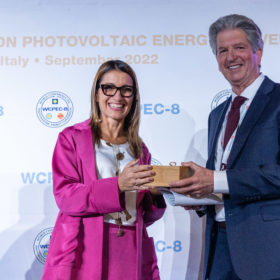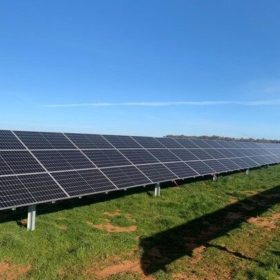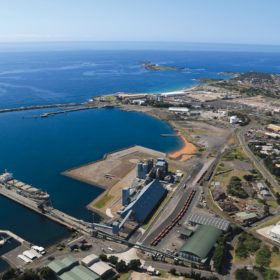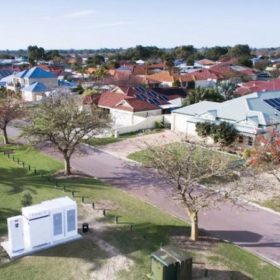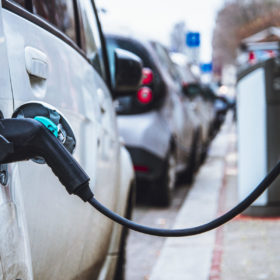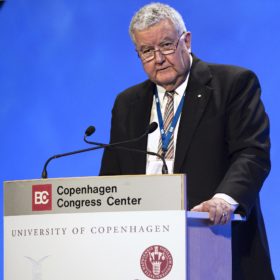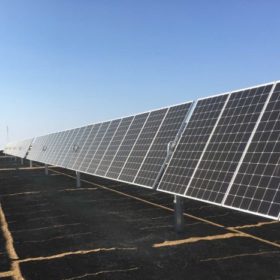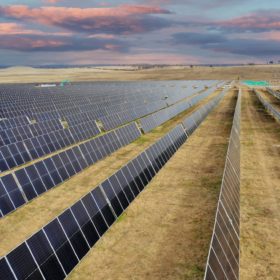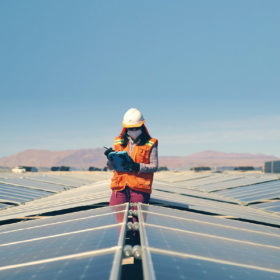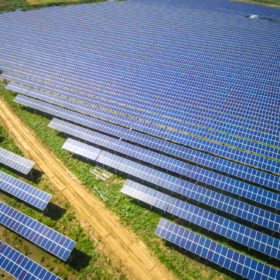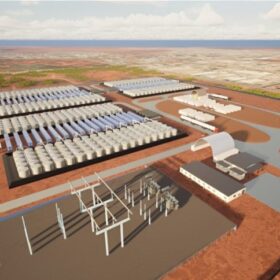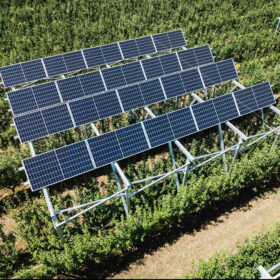Pioneering solar researcher hails funding ‘turnaround’
World-leading solar researcher UNSW Scientia Professor Martin Green says that PV research activities in Australia right across the value chain will be accelerated by the recent $41.5 million (USD 28.5 million) funding awards from the Australian Renewable Energy Agency. The funding will foster the development of ultra-low-cost solar by extending and expanding nine UNSW solar research programs.
NSW turbocharges shift to renewables with new emissions target
The New South Wales government aims to “turbocharge” the state’s transition from coal and gas to a renewables-based grid with a commitment to reduce greenhouse gas emissions by 70% in little more than a decade on the pathway to net zero emissions by 2050.
EnergyCo makes move to formalise Illawarra REZ
The New South Wales government has declared the Illawarra region on the state’s south coast is set to become a renewable energy and clean manufacturing powerhouse after outlining plans for a coordinated renewable energy zone that will deliver at least 1 GW of new network capacity as the state transitions from fossil fuels to renewable energy.
Grant guidelines published for $200 million community battery scheme
The Australian government is taking the next steps to roll out 400 batteries in neighbourhoods across the country as part of the $200 million (USD 134 million) Community Batteries for Household Solar program.
The questions still holding back broader EV adoption in Australia
Des Hang on the three main doubts that still linger around Australia’s burgeoning electric vehicle (EV) industry.
In review: where Australia’s make-or-break climate policies are at after tumult of 2022
Two of Australia’s key mechanisms for delivering the country to its climate commitments went into review in 2022 with the change of federal government. Australia’s carbon credit scheme and its Safeguard Mechanism, which aims to drive down emissions from Australia’s biggest polluters, are both inextricably linked and infuriatingly opaque. With those reviews to be handed down shortly, pv magazine Australia offers a brief recap on where we’re at.
Ranking the top 15 nations for solar energy capacity
Ranking the world’s largest producers of solar energy based on the BP Statistical Review of World Energy 2022.
NSW officially declares Hunter-Central Coast REZ
Another of the coordinated clean energy zones planned for New South Wales is a step closer to being developed with the state government announcing the Hunter-Central Coast Renewable Energy Zone, which has already attracted expressions of interest for almost 40 GW of generation, has been formally declared.
Weekend read: Automate, foldout for a ultra-low-cost solar future
While the efficiency of solar cells will always be important, scaling innovation in sustainable cell technology and solar deployment, is the new game in town. With hydrogen exports and production of green metals in its sights, Australia has some breakthrough tech coming down the pike, as pv magazine Australia’s Natalie Filatoff reports.
CSIRO reveals plan to build domestic silicon and solar supply chain
Australia’s national science agency has urged the government to develop a domestic solar manufacturing industry with a new report warning that the current highly concentrated international silicon and PV cell supply chains pose real risks to the nation’s energy security and independence.
